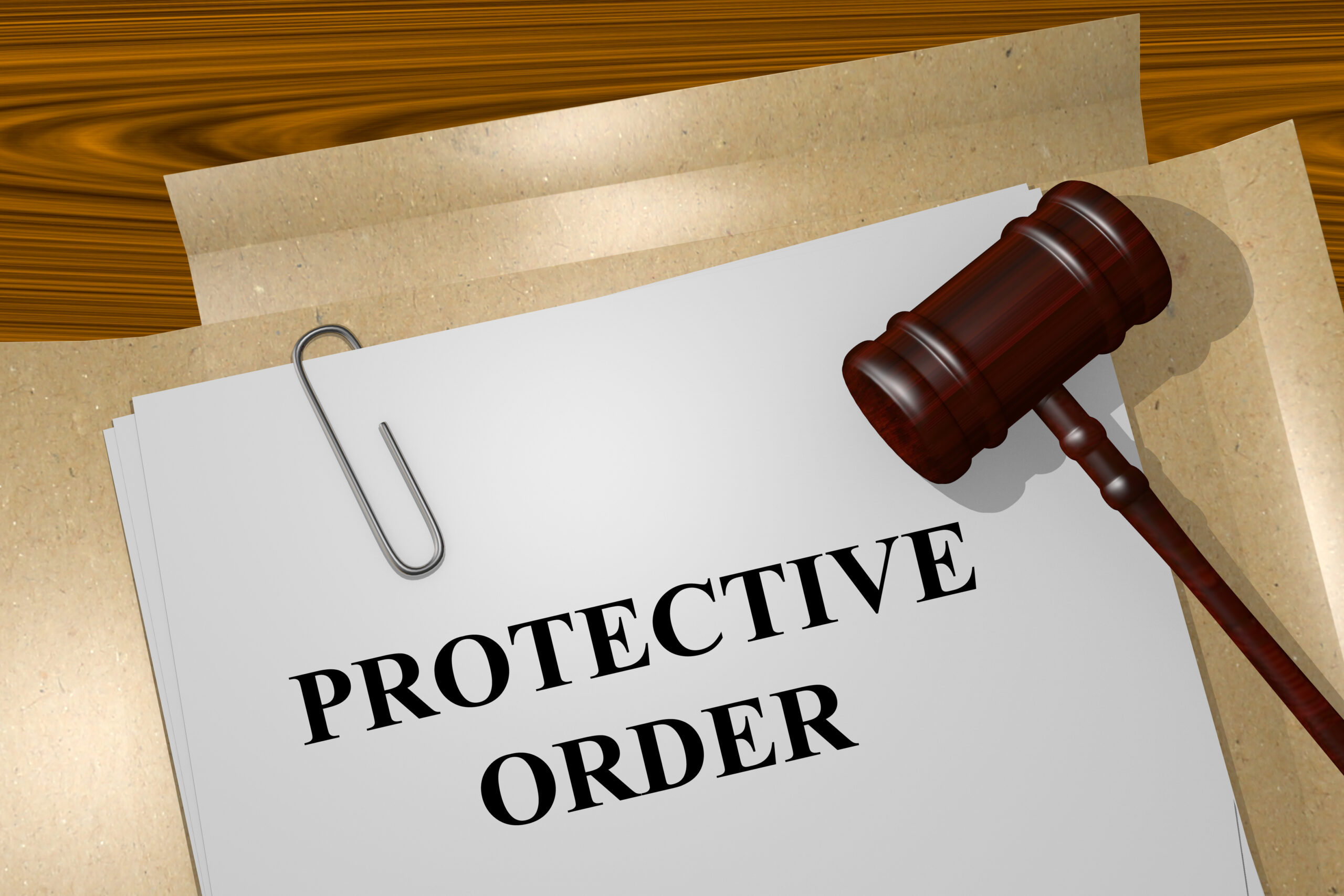When you are being threatened, Maryland law offers you a certain amount of recourse and protection through protective orders and peace orders. These orders help keep you safe from the other party, and each one has different guidelines designed to protect you. While some people use the terms interchangeably, there are key differences between the two.
Are You Eligible for Protective Orders or Peace Orders?
First, it’s important to understand that you cannot be eligible for both protective orders and peace orders—you can only be eligible for one or the other. The primary determinant of which applies to your situation is the relationship that you have with the person you are trying to get an order against.
Protective Orders
You can apply for protective orders if you are:
- A former or current spouse
- A roommate or cohabitant
- Related to the other party through marriage, adoption, or blood
- A parent, stepparent, child, or stepchild
- A vulnerable adult
- Someone who was in a sexual relationship with the other party within 365 days before filing for the order
- Someone who is alleging that the other party committed rape or another sexual offense within six months before filing for the order
- Someone who has a child with the other party
Peace Orders
Peace orders are a tool that can be used in many different situations where protective orders do not apply. For example, if you are the victim of abuse but do not live with the other party or have a sexual relationship with them, peace orders provide you with a certain amount of recourse.
What Is Abuse?
When filing for protective orders or peace orders, you will be asked to demonstrate what type of abuse or harassment occurred. Maryland law defines the types of abuse that are covered by both protective orders and peace orders.
Protective Orders
- Assault
- Stalking
- Acts that lead to serious bodily harm
- Acts that put you in fear of serious bodily harm
- Rape
- Sexual assault
- Attempted rape or sexual assault
- False imprisonment
- Abuse of a child
- Abuse of a vulnerable adult
- Revenge porn
Peace Orders
Many of the things above for protective orders are also true for peace orders, but peace orders also include malicious destruction of property, trespassing, and visual surveillance. If you are looking to get a peace order granted, the court will ask you to show that the abuse happened and that there is a likelihood that it will occur again.
How Long Do the Orders Last?
Depending on your situation, one order will be more appropriate than the other. However, you may also be granted a temporary protective order or temporary peace order. Temporary protective orders typically last for only seven days, but they can be extended for up to six months at a judge’s discretion in most cases, the final protective order will last for up to a year. Temporary peace orders last for about seven days, but they can also be extended up to 30 days. Final peace orders cannot last for longer than six months.
Contact Mobley & Brown, LLP for Help With Your Criminal Case
When you are preparing to go to court for your criminal case, you need the right legal assistance. Our experienced legal team is looking forward to working with you to meet your needs. Call us now at (410) 385-0398.













